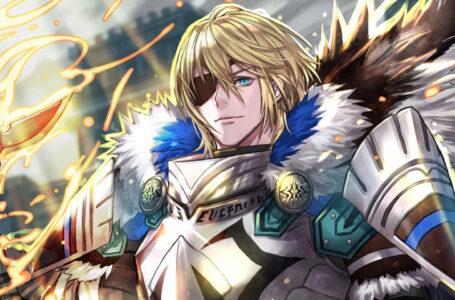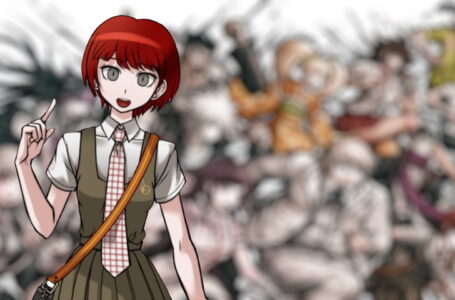Celebrating Hug a Musician Day with 5 of the best musicians from video games
The 13th of November is, apparently, National Hug a Musician Day, so we thought it would be an appropriate time to sit down and think about the many idols, guitarists, drummers and vocalists we’ve met over the course of our travels through video games. After all, we are always partial to some great tunes here on Rice Digital!
My musician highlights cover mostly otomes, as you might expect — but there’s also a visual novel and an RPG to add into the mix to honour this national holiday. We’re firm believers that these darlings all deserve an unlimited supply of hugs!
Wakasa Towa from Sweet Fuse: At Your Side
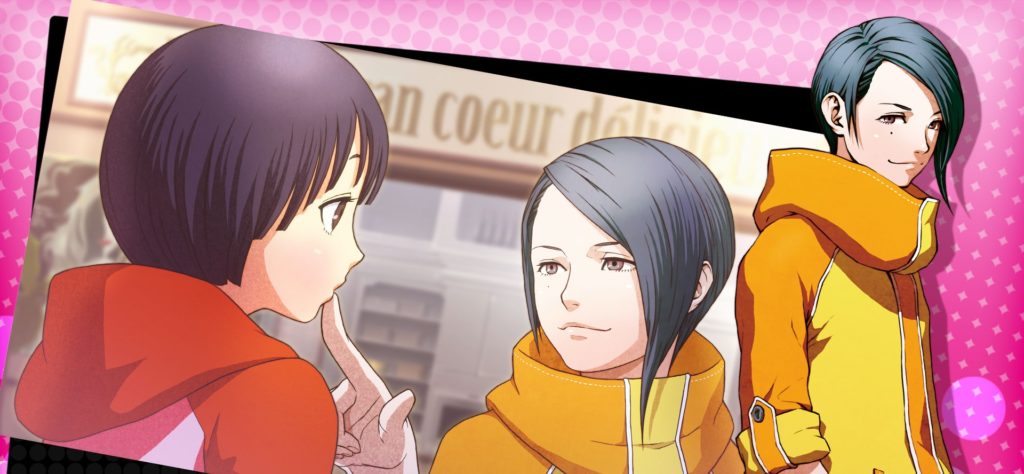
First up is one of my otome picks: a younger love interest from an older title — but one we hold and cherish dearly to this very day.
Sweet Fuse: At Your Side released for PSP in 2012 and was brought overseas the following year. It remains a gaming gem for anyone who loves engaging mystery or detective-themed visual novels, even if you’re bagging a guy on the forefront to push the narrative along. What’s not to like?
Towa’s whole deal is that he is a member of a popular boy group known as the Junior Jr. Boys, and it’s easy to assume that he can be taken at face value — he initially appears as little more than an egotistical attention seeker. But his vulnerabilities quickly rise to the surface as he is trapped alongside the rest of the cast in a deadly theme park filled with traps — when confronted with the possibility that his young life will end before he feels like he ever really took the reins, he is understandably unsettled.
It transpires that his personality is merely an exaggeration — he is not only quite shy, but also very much a scaredy-cat, even despite the confidence he presents. We see this throughout the arc of his own route — he fails to save main character Saki, while Ryusei, another love interest, protects her instead.
Towa redeems himself by his route’s finale, however, with Saki helping him through a personal stunt explicitly linked to his job and status as an idol. The front of a warmer, more appealing personality that he puts up is due to how long he has spent as part of the boy band and his exposure as a “product”; he has been encouraged to fake a smile so much that it has all but squandered his ability to find true enjoyment and contentment.
Seeing a happy conclusion for Towa is a joy to witness once you learn of his dilemma — particularly once we see him grow from it and move past it. And since he’s voiced by the one and only Kaji Yuuki (perhaps best known as Attack on Titan’s protagonist Eren), you are bound to support his pursuit of wellbeing, genuineness and happiness one way or another.
Mioda Ibuki from Danganronpa 2: Goodbye Despair
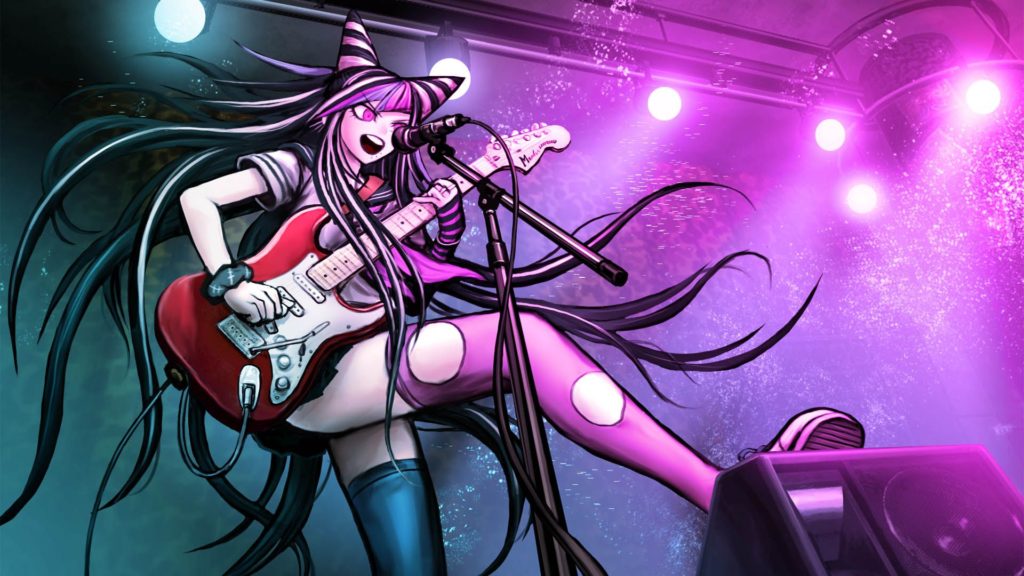
It is safe to say that there is no limit to the list of eccentricities displayed by the characters of the Danganronpa series. Each one is as well remembered and, for the most part, adored by at least a handful of us within the fandom, if not countless amounts of us.
But looking particularly at Danganronpa 2: Goodbye Despair, Ibuki almost always finds herself ranked high in popularity despite the competition, and the reasons for this are plentiful. As the Ultimate Musician who excels at playing both drums and guitars as well as songwriting, she is more than deserving to be listed here — but the reason to truly celebrate her extends far beyond her impressive musical talents.
First up, her introduction is simply one of the friendliest, warmest and most delightful encounters across the series. She is a genki type of character through and through, with an infectiously upbeat personality, and she never fails to bring an unlimited amount of positivity, energy and good-intending vibes to any given situation. And in this case during a life-or-death situation, it’s greatly appreciated.
Ibuki’s blinding optimism barely scratches the surface of her brilliance, but her musical talents provide plenty more reasons to find her an appealing character. As a musician, Ibuki constantly surprises characters and players alike in the different genres she covers — her performance of metal track “From Me to You” is seemingly completely out of leftfield when you consider her colourful attire, yet it’s also a good demonstration of one of the major themes surrounding her: being true to who you are.
Ibuki’s backstory touches upon her willingness to pursue music outside of the band she first became established in, showcasing a drive to succeed in being herself no matter the drawbacks. In fact, her whole appearance screams originality, considering the array of such peculiarities she displays. Her horn-shaped hair buns, her tattoos that are only visble due to her deliberately ripped clothes, and her dyed, multi-coloured hair — everything about Ibuki represents how we should all live our lives with a sense of optimism and pride in our own individuality.
Yuri from Nameless – The One Thing You Must Recall –
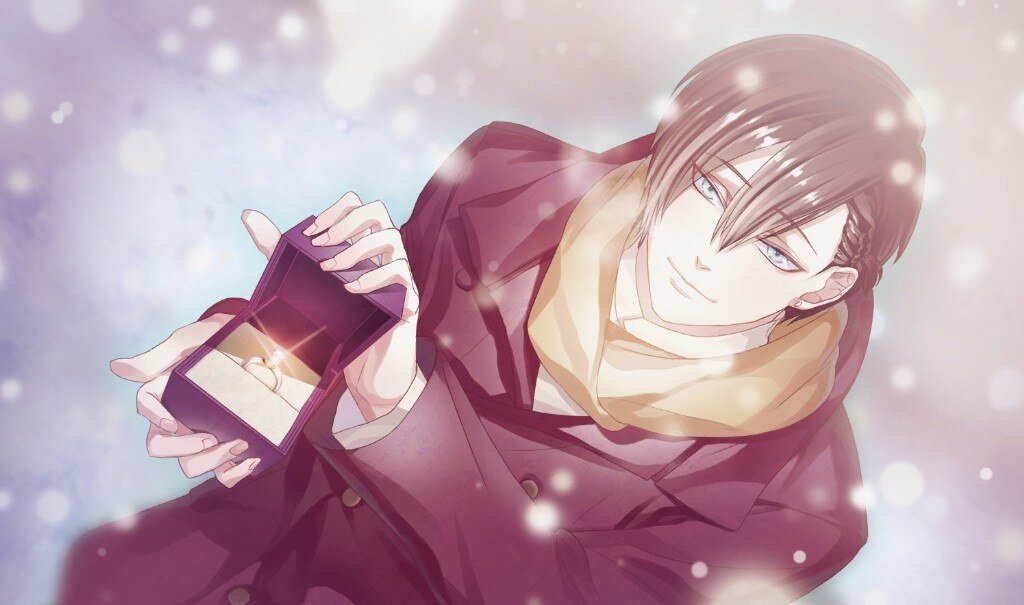
Back to otome picks, and here we have one of our many fine 2D husbandos created by beloved Korean otome studio Cheritz. As a drummer, pianist and vocalist, Yuri definitely fits the bill here, and remains one of my more underrated favourite bachelors within the genre. He deserves his place here and I’ll tell you exactly why that is.
Yuri is the flirtatious love interest of Cheritz’s second game, Nameless – The One Thing You Must Recall -, and there’s an interesting catch to him despite how much of a mostly unappealing archetype he initially appears to be shaped as.
Each love interest in Nameless is actually one of the main character Eri’s dolls, but they have come to life. And each one comes with a few traits that relate to their past “mishandlings” as a doll — or indeed from how they were manufactured. In Yuri’s case, he was signed as a a doll with the image of “a sexy drummer who is meant to satisfy all women”.
Evidently as far as his character design goes it’s mission accomplished with that, but the major caveat when romancing him is how he treats and spoils all females equally due to this, much to Eri’s dismay. Yuri’s automatic responses and predetermined handling of female attention is challenged by Eri, who always shuts his advances down due to it being superficial of him to act in such a suggestive way to everyone.
Yuri ends up in control of how their romance develops; he gradually opens up to Eri through his teachings on music, and his demonstration of how he feels passionate about being part of his band eventually leads to Eri recognising his true feelings.
The pair end up mirroring one another somewhat as the drama heightens, since there are repeated misunderstandings between both of them. Eri starts to turn heads for putting in more effort in her appearance with fashionable clothes and make-up, while Yuri begins to realise that his inbuilt habit of prioritising every female makes it so that none of them are really “special” to him.
Eventually, Eri ends up valuing herself for who she is, while Yuri learns what true love really means.
Dorothea from Fire Emblem: Three Houses
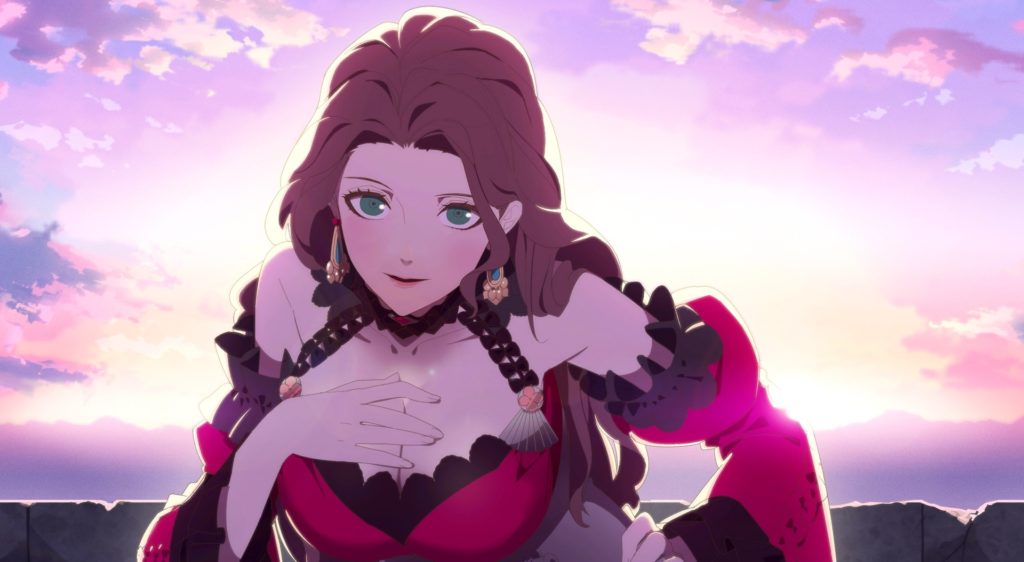
The pool of available musicians in Fire Emblem is very deep. To pick just one almost feels insulting to every other character who partakes in singing on the sidelines, or those who act as your trusty bard in battle. But since I continue to thoroughly enjoy my time in the Garreg Mach Monastery even now, it’s Dorothea from Fire Emblem: Three Houses that we’re giving our attention to today.
Dorothea is an immediately captivating character and absolute charmer to the player for her wit, charm, and sheer combat potential when out on the battlefield. But what makes her truly memorable is the bits of information we discover when taking the time and effort to witness her bonding with other characters. Her backstory describes how she was kicked out of the Adrestian Empire and how her mother succumbed to an illness whilst she was still young. This ultimately led her to being noticed by a songstress who brought her into the Mittelfrank Opera Company.
While getting off the streets and finding her voice helped Dorothea, her troubled past continued to shape her own struggles; she felt her appeal was constantly waning as a result of others disappearing over time, and that her looks and vocal talents would be unsustainable in the long term.
But her growth in wielding her natural talents and passion, as seen during the post-credit epilogues, is wonderful to see. She’s both acknowledged and celebrated by the endpoint of the game, and she’s proven herself wrong; she really does have a never-ending appeal as a singer who inspires others, and her beauty is much more than skin-deep.
For example, in what is arguably her most satisfying paired ending with her idol and monastery mentor Manuela, she is not only able to continue singing and demonstrate her talent of performing on stage to a wide and adoring audience, she also provides support and relief to troops during the wars that follow thereafter.
If I had just one regret when it comes to Dorothea, it is that I did not include her pairing up with Ferdinand in my top 10 supports for the game. Their shared affinity for performing arts, the call-back to her time as the “Mystical Songstress” in her past as an early indicator to Ferdinand’s interest in her, and their kids retaining their love for music — all reasons to ship them forevermore.
Radius from Period Cube
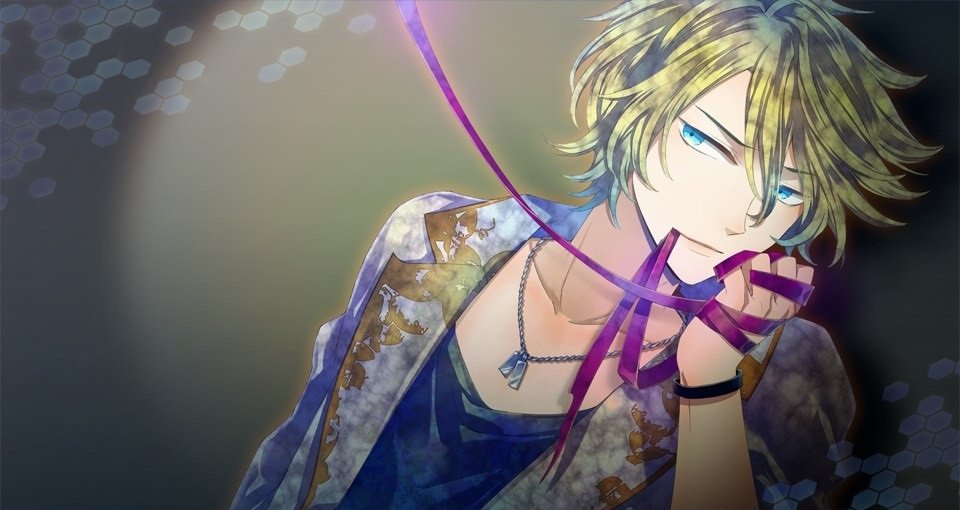
We’re finishing the list off with my favourite otome musician: Period Cube’s Radius. I’m as surprised as you are, I’m sure. Because whilst the game most definitely stays in mediocrity for the majority of its runtime, Radius remains a highlight of the experience as a whole.
Period Cube struggles in making its video game within a video game premise continuously engrossing from route to route, but its most consistently entertaining route is Radius’. As such, I’m giving it the praise it deserves, on a day eminently suited to the reasons why it worked out so well.
For starters, his specific, personal gripe in relevancy to his status as a popular idol is immediately appealing and refreshing, because unlike the confidence, egotism and narcissism presented by Towa and Yuri seen above, Radius wants to be completely detached from it. There is no glossing over Radius’ true personality in this case right from the get-go — he is an absolute tsundere who takes an immediate liking to the main character despite all his denying it.
While Radius initially seems cold and rude, peeling back his layers reveal that he has a simple desire to be himself and be able to connect with others on a less superficial level; his immediately recognisable nature as an idol only ever gets him surface-level interest. But at the same time, he constantly pushes others away out of a fear of growing too attached to them — a personality trait which is explained when a certain event from his past shows up in the game world and lays his emotional baggage bare.
Ultimately, Radius wants to be seen for his true character and not his forced and false idol persona. If anything, I wanted even more substance in this intriguing plotline of his — but for what we got, Radius and his route remains as my most enjoyed elements of the game, and we can thank his story’s exploration of themes such as the idol industry and the true cost of fame for this.
Did we miss one of your favourite video games musicians? Let us know who that is in our socials/comments as always!
Join The Discussion
Rice Digital Discord
Rice Digital Twitter
Rice Digital Facebook
Or write us a letter for the Rice Digital Friday Letters Page by clicking here!
Disclosure: Some links in this article may be affiliate links, which means we may earn a small commission if you make a purchase after clicking on them. This is at no additional cost to you and helps support Rice Digital!
- Sigh of the Abyss: Shadow Bonds – Prologue Review - October 7, 2023
- Is She The Wolf? is wickedly addicting TV - October 6, 2023
- The steady consumption of Slow Damage - October 5, 2023





